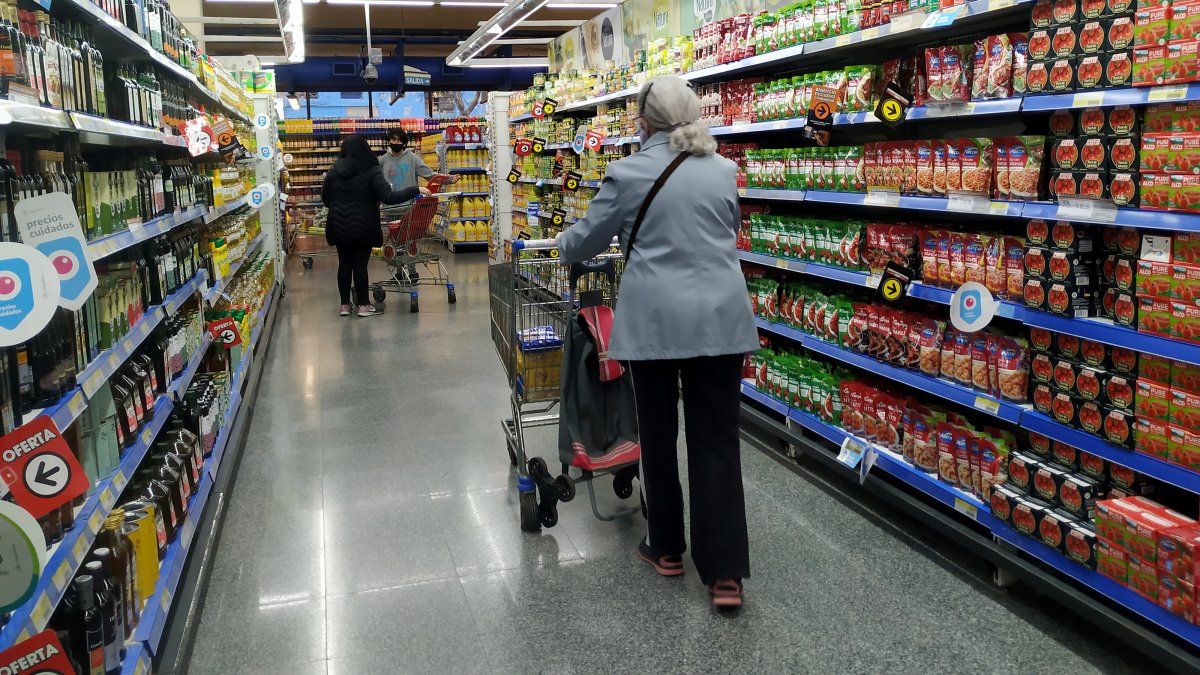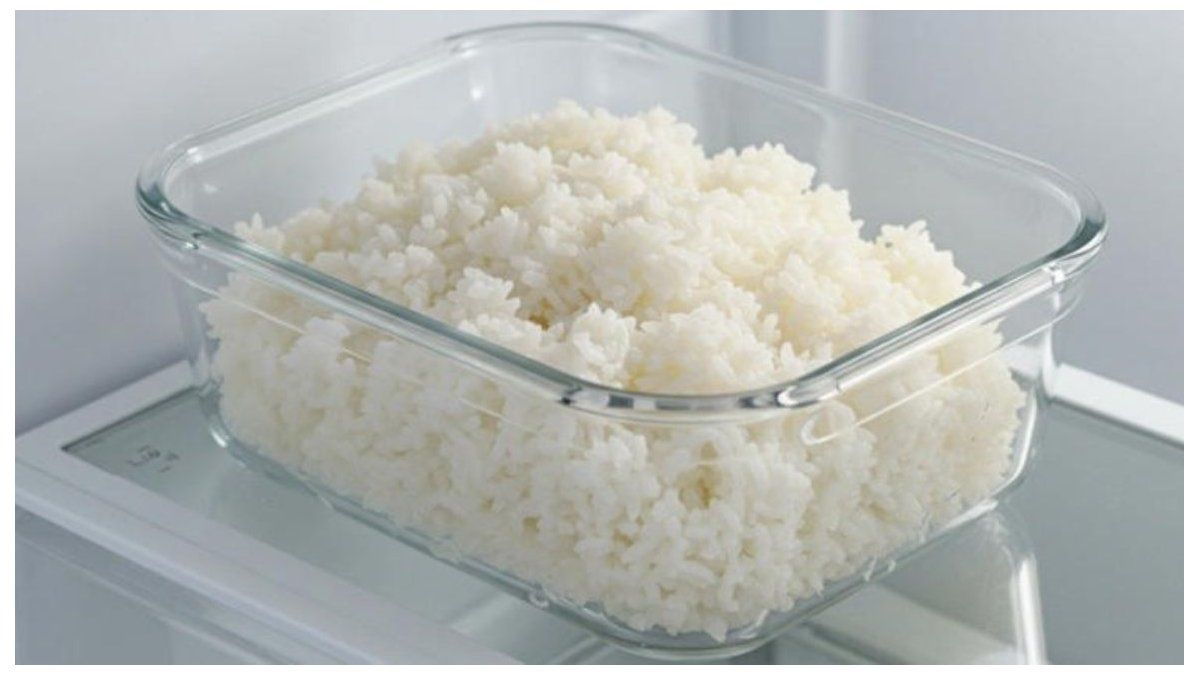Different sources within Copal consulted by Ámbito, who preferred not to be mentioned, revealed that “fewer and fewer companies want to supply supermarkets.” And they added that supermarkets represent “a third” of the points of sale throughout the country, while the rest are local businesses, such as Chinese stores or supermarkets.
Supply problems occur for various reasons: from the industry they explained that deliveries can be complicated by the lack of supplies due to the latest measures of the Central Bank for imports, the war in Ukraine and even the problems that occurred in transportation. Also because the gondolas have prices monitored in real time by the Ministry of Internal Trade. “What does not adjust by price, it does by quantity,” they detailed.
But, in addition, another reason has to do with payment terms. According to what they told this newspaper, the supermarket chains pay “in time”, in a context where inflation does not fall below 5% monthly during the last 5 months. The payment term from the delivery of the merchandise varies according to the negotiation between each supermarket and each food company, but according to Copal SMEs, it can reach up to 90 days. “This fight to change the payment terms is traced to what happened in 2002, when ASU had also released a statement that we were not supplying,” they said from the industry.
In fact, in Copal the statements of Federico Brown, owner of La Anónima, had been very badly received, when they asked him what his supermarket does against inflation, and the businessman had said as a joke “remark prices every day, to be honest ”, during the annual meeting of the Argentine Business Association (AEA).
Ámbito consulted some supermarket chains, which rejected the industry’s criticism. They stated that since 2018, when inflation began to reach 50% every year, that the payment term is not in 90 days. On the contrary, different sources stated that payments can vary between 15 and 40 days, with dairy companies with even shorter terms.
According to different consumer associations, products such as oil from the main brand on the market can be found in nearby stores, but not in supermarkets. As for food prices, in Chinese supermarkets and stores they can be up to 60% higher than those in supermarkets.
In another supermarket chain they said that payment terms were not shortened, but that there is “greater demand” in compliance. “The flexibility that can exist with a trusted provider is over,” they detailed.
On the contrary, Fernando Savore, from the Federation of Grocers, assured that they do not have supply problems (except for specific products such as oil and sugar), but at the same time they do not have any type of financing. Although most of the merchandise is purchased from distributors or wholesalers, they are supplied directly with the most important brands in the country. “There is no financing for us. There is no other form of payment other than cash, they drop the merchandise and you have to transfer it, or at most they accept a check to be paid that same day”Savor explained. Of the agreement so that Precios Cares reached nearby stores with 60 products, only 17 arrived the first month, and currently none.
Source: Ambito
David William is a talented author who has made a name for himself in the world of writing. He is a professional author who writes on a wide range of topics, from general interest to opinion news. David is currently working as a writer at 24 hours worlds where he brings his unique perspective and in-depth research to his articles, making them both informative and engaging.




